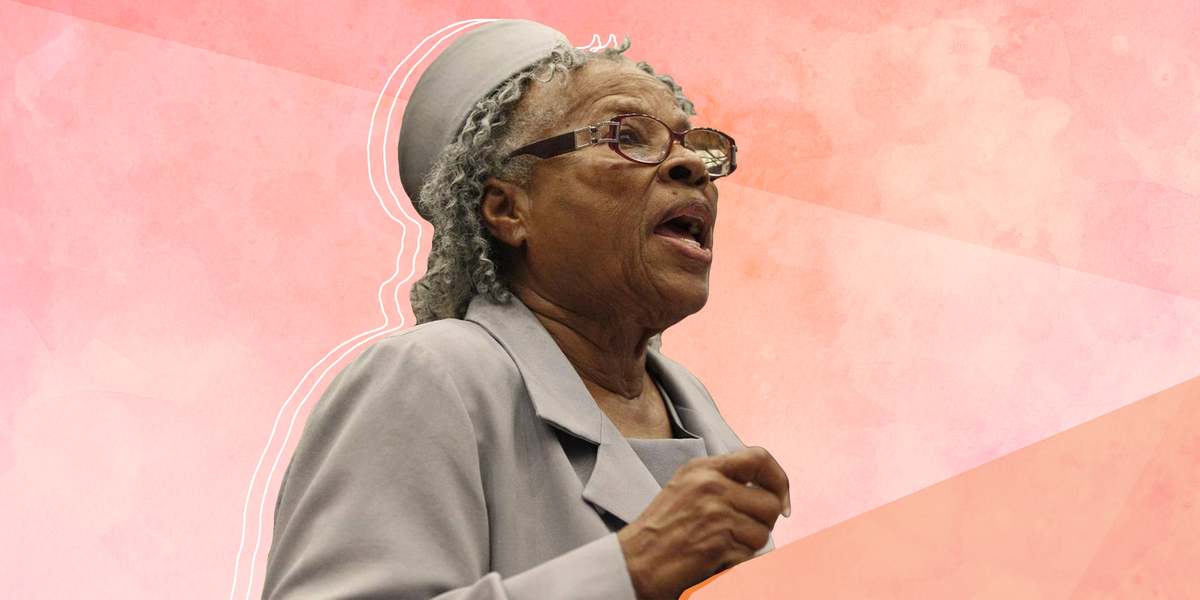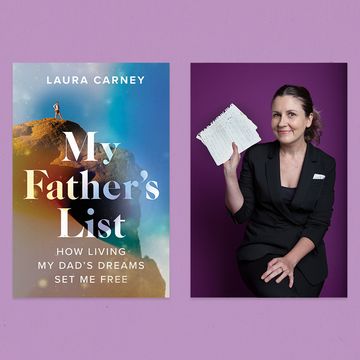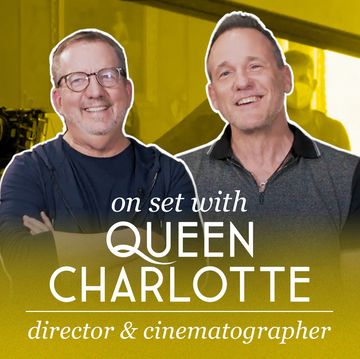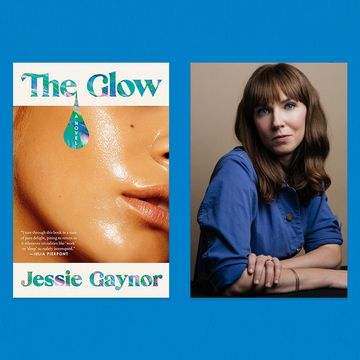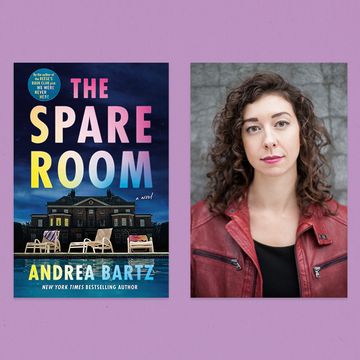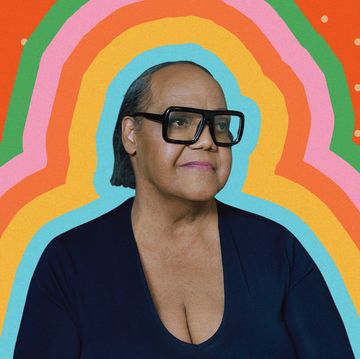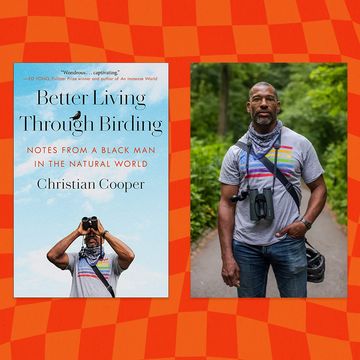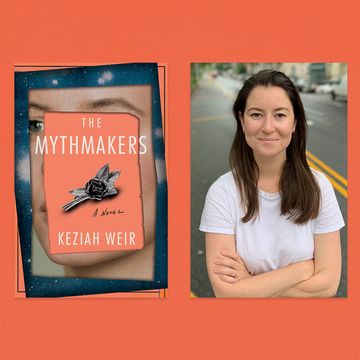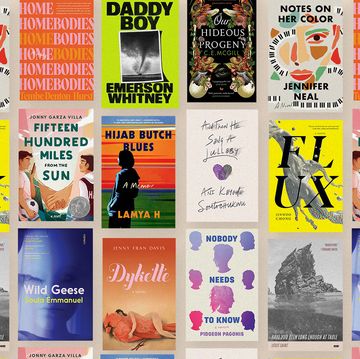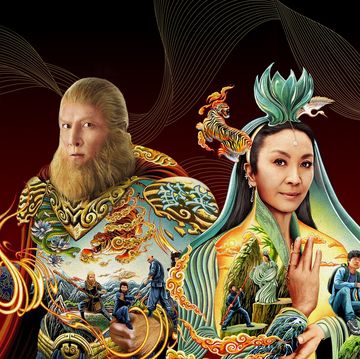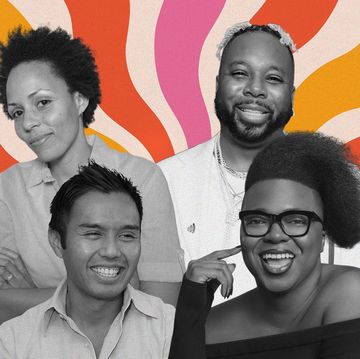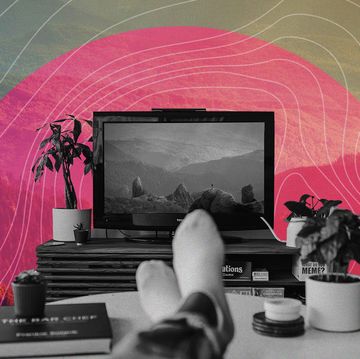Juneteeth is recognized in 46 states and the District of Columbia as a day of observance or a state holiday, but the significance isn't just cultural for Opal Lee — it's personal. When Lee was 12-years-old, her family's home was vandalized and torched by a 500-person mob of white supremacists in an attempt to scare her family out of their predominantly white neighborhood in Fort Worth, Texas.
As her family's home was destroyed, police officers did nothing to intervene. Understandably, this horrific event left a mark on Lee. The mob's actions that day served as a catalyst for resistance and reclamation. Lee, now 93, has dedicated her life to education and activism and is currently campaigning to have Juneteenth recognized as a national holiday. Spearheaded by her symbolic walk from Fort Worth to Washington, D.C., a series of lectures and events, and an annual petition, Lee's pursuit of her dream continues.
First celebrated in 1866, Juneteenth (also known as Freedom Day or Emancipation Day) honors the abolishment of slavery in Texas in 1865. Occurring two and a half years after President Lincoln signed the Emancipation Proclamation, black Texans' transition from slavery to freedom was monumental, regardless of its delay. Recently reimagined on Blackish and celebrated throughout the country, its legacy lives on. Yet, despite being a day of historical significance and a reminder of how much progress we've made as a country, Juenteenth has yet to become an official national holiday. When asked about the inspiration behind her annual campaign to make it so, Lee clears her throat before answering in an unwavering and passionate voice, "Because it's about unity."
I was lucky enough to speak with Lee over the phone about the importance of Juneteenth, the power of reclamation, and why perseverance is essential for progress.
Dianca London Potts: Can you talk a bit about Juneteenth's role in your life in the past and what it means to you today?
Opal Lee: Juneteenth was just a festival as far I was concerned. It was lots of fun with lots of things to see and people to meet, but nobody told me about the significance of it. I learned about that in later years and became passionate about everybody else [in Fort Worth] knowing about it. I read about Juneteenth celebrations in the 1800s at , which no longer exists. People dressed to the nines in their best clothes and parasols and they decorated their wagons and buggies… the whole nine yards. You would have thought they were going to church. That was before my time.
Eventually, the celebration waned and people started to forget, but in Fort Worth there was a resurgence and people started celebrating it again and Dr. Marion J. Brooks and his wife Marie got together with some folks and decided to do a celebration here in Fort Worth in 1971.
After that group discovered that it took a lot of money to do the festival, our county's Black Historical and Genealogical Society continued to organize Juneteenth events. We never made money — still haven't — but we’re doing better than we used to. After I retired from the Historical and Genealogical Society, I kept doing Juneteenth under with a nonprofit called Citizens Concerned with Human Dignity (CCHD) and we had Juneteenth all over the place. We're trying to get people to understand that it's unity that we need.
DLP: Despite being a celebration of black history and emancipation, Juneteenth isn't as widely celebrated as it should be throughout the U.S. What inspired you to change this? How did your campaign to make it a national holiday begin?
OL: I started [my walk to Washington, D.C.] for Juneteenth on September 1, 2016. I was 90 then. I wanted to bring some awareness to its history and why it needs to be a national holiday. That year, I walked from Fort Worth to Arlington and Dallas to Fall Springs and that's when my team decided that walking all the way to D.C. wasn't the way to go at my age. Instead, I decided I would only go to places where I was invited, and I was invited all over. I was invited to Little Rock, Denver, Milwaukee, Madison, Chicago, and Durham, North Carolina and I got to Washington, D.C. on January 10, 2017.
[In each place] I did two and a half miles in the morning and in the afternoon to symbolize that slaves in Texas didn't know they were free for two and a half years after everybody else knew about it. We asked Obama to walk with us from the Frederick Douglass house to the Capitol, but he was in Chicago. So far, I've never gotten anybody in D.C. to acknowledge making it a national holiday.
DLP: As a nation, we're living in an undeniably strenuous political moment, especially so as black Americans. What lessons can celebrating Juneteenth and honoring its legacy teach us during times like these?
OL: You know, what I want those celebrating in other states to understand is that Juneteenth, in my estimation, should be a unifier. First of all, slaves did not free themselves. It took abolitionists and Quakers and all kinds of folks to help and lobby to get the slaves freed. We need to acknowledge that and we need to unify and help people to come to the realization that working together is a hell of a lot better than trying to do things by yourself. I truly believe that we can do so much more together rather than apart.
DLP: We're experiencing a resurgence of black activism and leadership on the national and local level. As a lifelong activist and educator, what about activism is most important to you? What advice would you give to future activists?
OL: Perseverance, that's one of the things I would suggest… you [can't] get weary of doing something that's beneficial. I know we all have families and careers and obligations to our communities, but we have to care enough to take the time to help somebody else. So I would say to persevere, because there's so many obstacles along the way and I'm concerned that if we don't all do something to turn things around, we're going to end up back in slavery. I'm not talking about physical chains, but an enslavement of our minds. We need to teach our children and lead them in the right direction. We need to give them a good perspective of what's happened and is happening to us. Without knowledge, we can't protect ourselves.
This climate isn't right. I don't know how to explain it, but we need to be vigilant.
DLP: At its center, Juneteenth is about freedom and the necessity of reclamation even in the face of adversity. Has your personal definition of freedom changed in any way over the years?
OL: Freedom to me means the ability to have a decent place to live, a place where the people around me have those same things, and that we don't have poverty like we have it now. Freedom to me means everybody having what they need. It means education of our children, healthcare for every person who needs it. Freedom means being able to dialogue and learn from somebody from another race and not living in this climate of hate and resentment that we're living in now. That's what freedom means to me.
That's why I desperately want for everybody to understand not just Juneteenth, but our history as a people. If we don't understand one thing then we won't understand the other. You know where I'm coming from? We need to know who we are. We need to make people aware of our genealogy, our roots. Textbooks have portrayed us so negatively. They need that to change. We need to advocate for an accurate history.
DLP: What are your hopes for Juneteenth's legacy in the future?
OL: I'm hoping that Juneteenth's history reminds us that we've got to take some responsibility for educating our people. It's worn out to say "each one teach one," but it's true. I'm hoping that Juneteenth will not just be about festivals, but that it will be about uplifting each other. Could you just imagine if all the cities in the U.S. would do Juneteenth like the Fourth of July? Wouldn't that be something? I've even advocated for having a celebration from the 19th to the Fourth of July, just like Mardi Gras. I can dream, can't I?
Dianca London is the author of the forthcoming memoir Planning for the Apocalypse: Meditations of Faith and Being the Only Black Girl at Your Party. Her writing can be found in The Village Voice, Lenny Letter, the AV Club, The Toast, and The Establishment, among others.
Get Shondaland directly in your inbox: Subscribe Today
